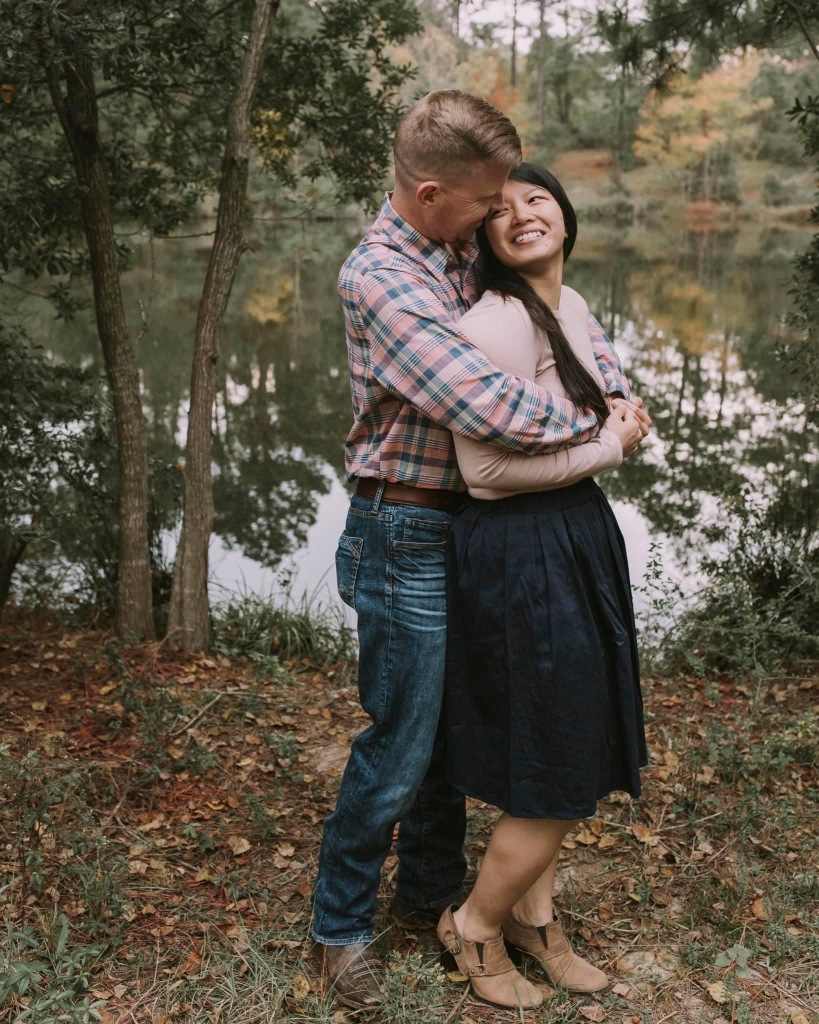The D-word slipped from her mouth. Of course, that word slips from many tongues and happens thousands of times a year, but I didn’t think I would ever face that dreaded word.
I sunk deeper into the couch. “What do you mean, divorce?”
“I’ve thought about divorcing you.”
“Why?” Scenarios through my mind, searching for answers.
“You don’t take care of yourself anymore.” She looked at me with tears welling in the corners of her eyes. “We find you passed out on the floor. Your body is breaking down, and you refuse to see a doctor.”
She was right. I was suffering from something that caused me to pass out, but I always seemed to find ways to justify what was happening to me. The military jaded me from seeing doctors. Military doctors always appeared to screw something up, and the soldiers paid for those mistakes. The doctors mean well and try to help, but they are understaffed and overworked. Still, going to the doctor is like trying to catch a football with a baseball glove—it doesn’t work well for me.
I placed my hand on hers. “I’ll go to the damned doctor if that’s what it takes to keep us together. I don’t want to lose you.”
She wiped tears from her face. “Yes. Just go, please! I want you to be around for our kids and me.”
The look on my wife’s face tormented me—honestly, it broke me. I felt her pain and longing for me to take better care of myself. I hugged her and said, “Could you promise me something?”
“Yes.”
“Please, don’t hold things like this in until you think of divorce as the only option.”

She laid her head on my lap. “Okay. I’ll do better at communicating with you. Just go to the doctor, please.”
I reassured her I would call and schedule an appointment the following day as I ran my fingers through her silky hair.
Many appointments filled my calendar over several months. Brain scans determined I suffered from severe TBI (Traumatic Brain Injury), and probably what caused me to pass out.
My doctor looked at my brain scans and nodded. “Looks like you were knocked around a bit.”
I nodded as the doctor continued his assessment of my broken body. My stomach churned as drafts of the hospital’s commercial chemicals permeated my nose. Twenty years in the Army and eight deployments take a toll on a person.
The doctor clicked his pen and tapped his clipboard. “I’ve set you up with a cognitive speech therapist. She’ll help you with connecting your brain back to your mouth.” He laughed at his abruptness. “I’m sorry. That sounded bad.”
“No, it’s okay, doc. I need the help.”
I left the doctor’s office with more knowledge. He scheduled me for cognitive speech therapy, a spine specialist, a psychologist for PTSD, and a slew of other appointments. However, it is all worth the effort to defeat the D-word.
The critical night my wife shoved the D-word deep into my ears changed me. Her words made my head feel like I bashed it into the corner of a cabinet. I viewed myself through her eyes. I was a broken man who rarely spoke about his problems, avoided doctors, and often found himself waking up on the floor in a puddle of drool. She feared the inevitable.
The D-word meant death to her. Death to her husband and death to our marriage. She could not bear the thought of losing me to something so avoidable, but those little things built up over time.
It’s like the theory of broken windows. If a police officer observes a building with broken windows, crime usually resides in that building. If the police officer avoids confronting the minor offenses, crime eventually saturates that entire neighborhood—little things spread like a virus.
I hugged my wife after the initial appointment. “I have more appointments scheduled.”
“It’s the little things that count,” she said as she squeezed me tighter. “Thank you.”
Her perfume reminded me of peonies as I hugged her. “It’s for us, baby.” I kissed her forehead. “I’ll do anything to keep us together.”
The D-word taught me to open my eyes. It taught me to take care of the little things in marriage to defeat its dreaded ending—whether that ending is divorce or an avoidable death.
Leave a comment